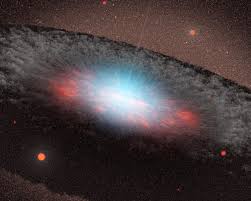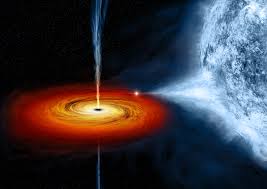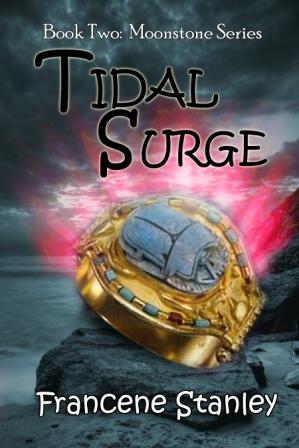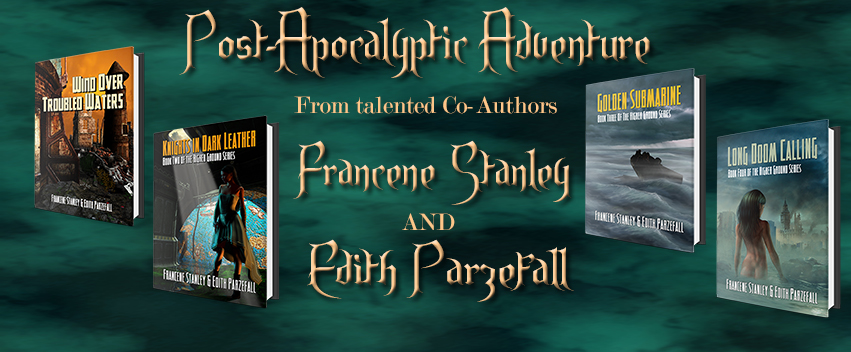 Artist's impression of a supermassive black hole en.wikipedia.org
Artist's impression of a supermassive black hole en.wikipedia.org NASA: A black hole is a place in space where gravity pulls so much that even light can not get out. The gravity is so strong because matter has been squeezed into a tiny space. This can happen when a star is dying.
Classifying the three types, experts say the smallest black holes, resembling an atom but with the mass of a mountain, formed when the universe began. Next come Stellar black holes, made when the centre of a large star falls in upon itself, causing a supernova: an exploding star that blasts part of itself into space. The largest type—supermassive black holes, containing millions of stars, were formed at the same time as their galaxy began.
Now, Professor Stephen Hawking has suggested things can get out of a black hole both on the outside and come out in another universe. In other words, we could fall into a parallel universe.
The world-renowned British scientist unveiled his latest theory at a specialist conference in Stockholm, Sweden. He said: "If you feel you are in a black hole, don’t give up. There’s a way out.” The theoretical 'wormhole' that was regarded as the portal to alternative dimensions may have an exit.
 Black hole - commons.wikimedia.org
Black hole - commons.wikimedia.org Prof. Hawking spoke at the KTH Royal Institute of Technology, which is hosting the Hawking Radiation Conference, focussed on the mystery of the information paradox and what happens after something is consumed by a black hole. Source: Express.
Quotes by Stephen Hawking:
We are just an advanced breed of monkeys on a minor planet of a very average star. But we can understand the Universe. That makes us something very special.
Intelligence is the ability to adapt to change.
Life would be tragic if it weren't funny.
The minds behind the general theory of relativity and Hawking radiation are estimated to have IQs of 160. Here, I have to mention that my deceased son, Kym, had an IQ of 150, which was considered pretty bright in the early seventies.
Going back further, Stephen William Hawking was born on 8 January 1942 (300 years after the death of Galileo and on exactly the same day as Francene Stanley (me) in Oxford, England. My mother lived in Australia at the time, so I was born there, never realizing the two of us would end up close to the same part of England. When he was eight, the Hawkings family moved to St. Albans from London, a town about 20 miles north of London. I'm writing this in Elstree, a tiny village in Herfordshire, close to St. Albans.
Later, his preferred subject of mathematics was not available at University College, so the young Hawking pursued Physics instead. After three years and not very much work, he was awarded a first class honours degree in Natural Science.
Stephen Hawking has worked on the basic laws which govern the universe ever since.
Unfortunately, he was diagnosed with ALS, a form of Motor Neurone Disease, shortly after his 21st birthday. In spite of being wheelchair bound and dependent on a computerised voice system for communication Stephen Hawking continues with his research into theoretical physics together with an extensive programme of travel and public lectures. Source: About Stephen.
And what have I done to equal the thinking of Galileo and Hawking? Hmmm. Clearing of the throat. Take a look at some of my novels on the sidebar one click away from an Amazon near you. As for my memoirs, you'll have to wait a bit longer before they're published.
I believe in many things that can't be proven. I love theories about the matter of life, human lives, and spirits. After Hawking's revelation, it looks as if we don't need to fear a black hole after all. But all the thoughts and all the theories don't make it so. I guess we'll find out about an afterlife when we pass from the Earthly plane. Maybe heaven is a parallel universe.
If a black hole isn't the end, then neither is death.
What are your thoughts?





 RSS Feed
RSS Feed
